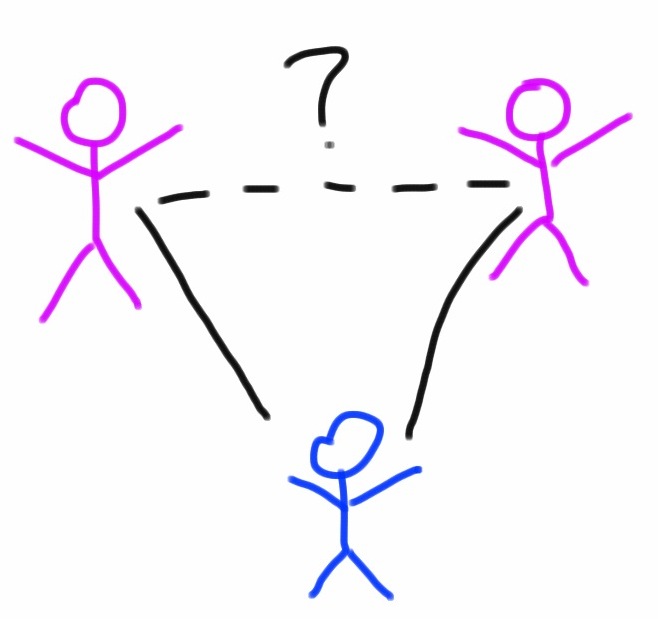Clustering and the Ignorance of Crowds
Over on the Cheap Talk blog (@CheapTalkBlog), Jeff Ely (@jeffely) has an interesting post about the "Ignorance of Crowds." The basic idea is that when there are lots of connections among people, each individual has less incentive to seek out costly information — e.g. subscribe to the newspaper — on their own, because instead they can just get that information ("free ride") from others. More connections means more free riding and fewer informed individuals.
I take a much more complicated route to the same conclusion in "Network Games with Local Correlation and Clustering." Besides being sufficiently mathematically intractable to, hopefully, be published, the paper does show a few other things too. In particular, I look at how network clustering affects "public goods provision," which is the fancy term for what Jeff Ely calls subscribing to the newspaper. Lots of real social networks are highly clustered. This means that if I'm friends with Jack and Jill, there is a good chance that Jack and Jill are friends with each other. What I find in the paper is that clustering increases public goods provision. In other words, when people are members of tight knit communities, more people should subscribe to the newspaper (and volunteer, and pick up trash, and ...)
It's pretty clear that the Internet, social media etc... are increasing the number of contacts that we have, but an interesting question that I haven't seen any research on is How are these technologies affecting clustering (if at all)?

